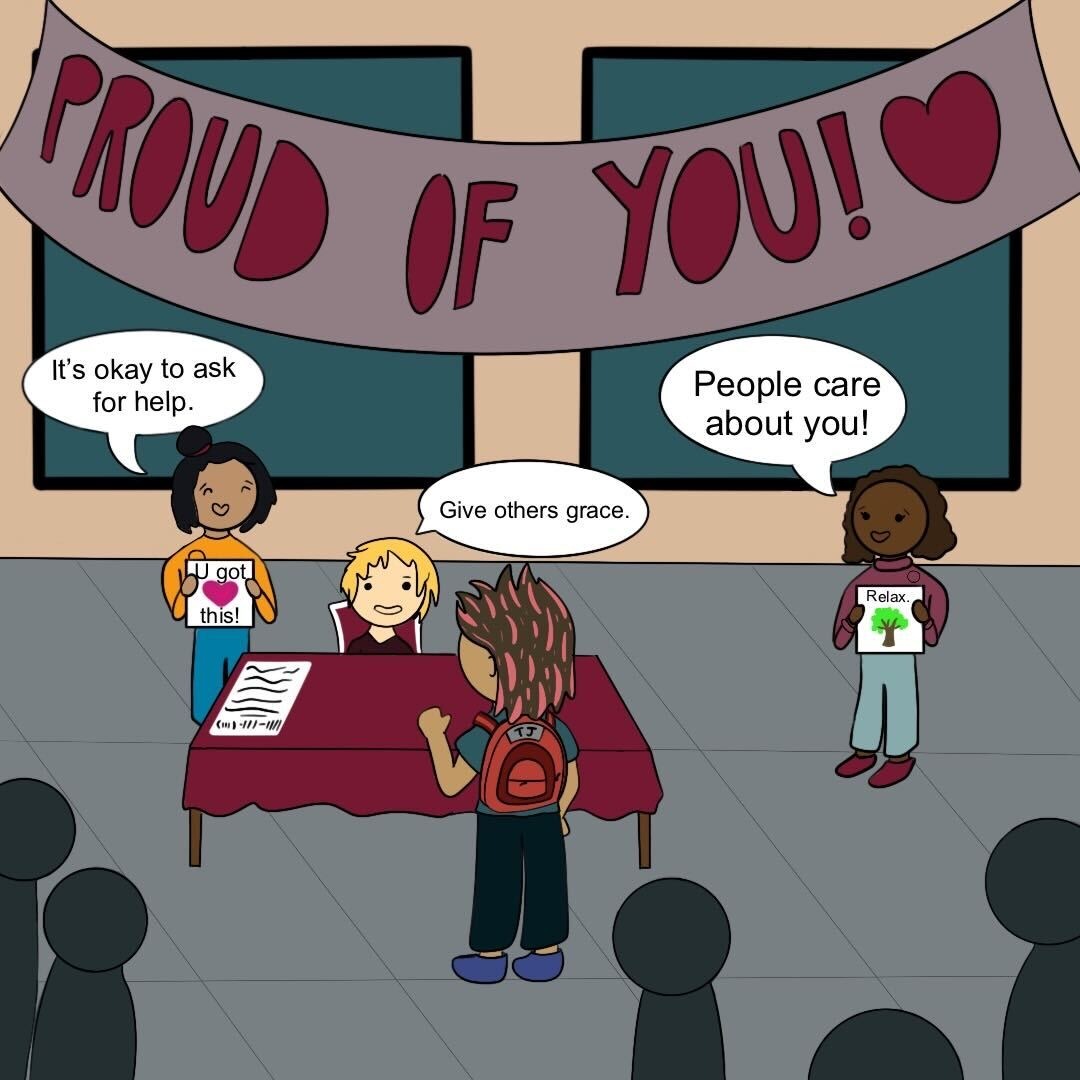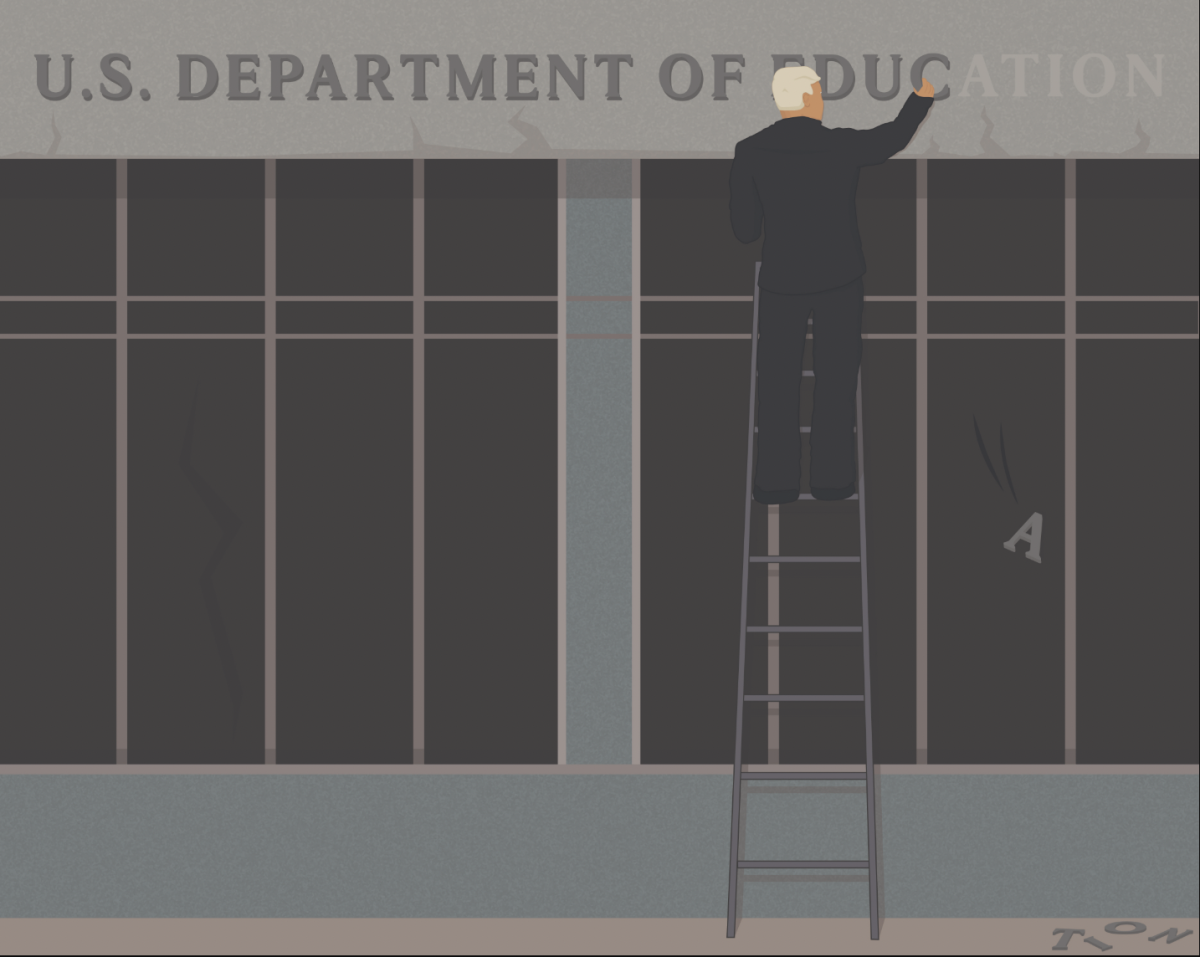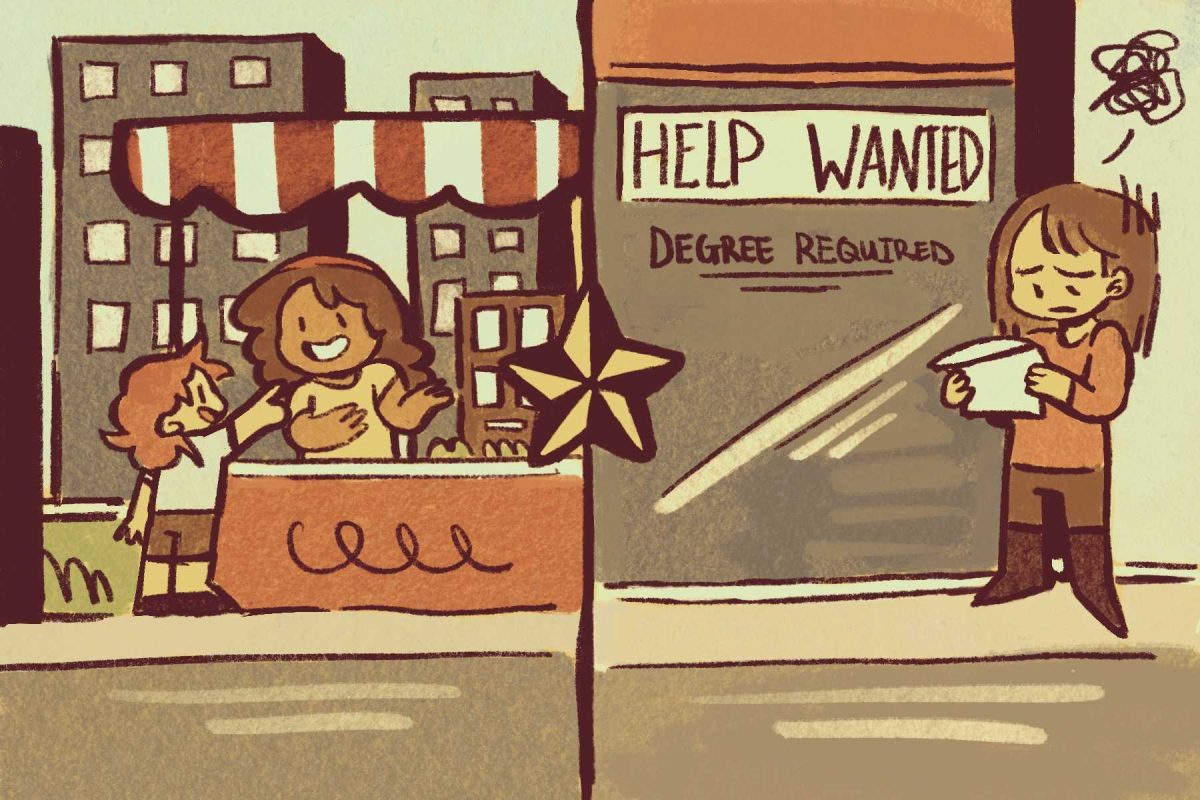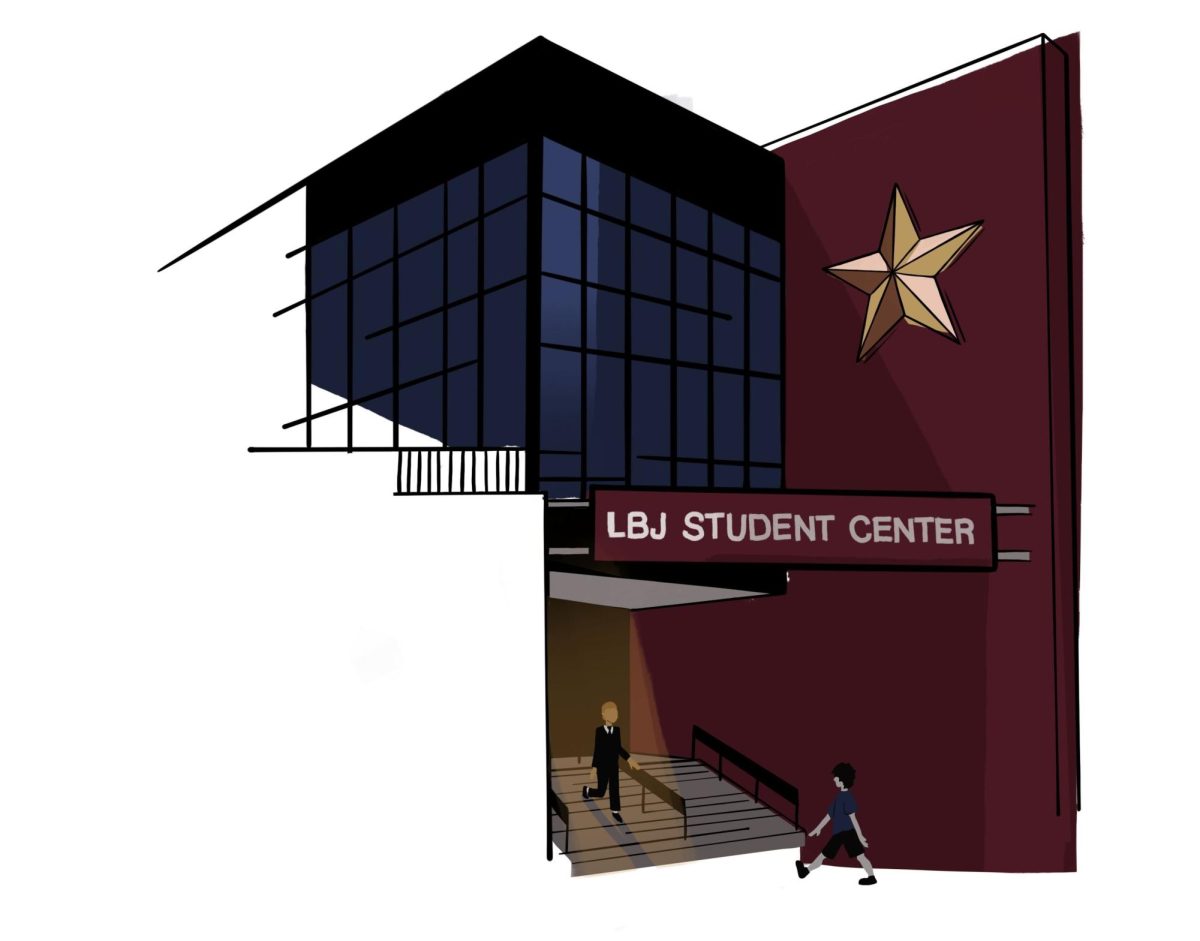As students begin the new year and semester, the Texas State Counseling Center’s commitment to equity and culturally competent mental health care sets a powerful example — one the entire university should follow to ensure students feel supported and valued.
According to the American College Health Association, almost 63% of students reported feeling overwhelming anxiety in the past year, and 23% reported being diagnosed and treated by a mental health professional for anxiety. These numbers represent an emerging mental health crisis in need of innovative solutions.
The Texas State Counseling Center provides services, including counseling, group therapy and workshops conducted by a diverse professional team. These services ensure all students, regardless of background, feel seen and heard.
For far too many students, especially marginalized communities within the university, culturally competent mental health care can mean the difference between a student surviving or thriving.
First-generation students have different stressors, like navigating higher education without familial guidance, while Black students often have to deal with the mental toll of systemic racism and microaggressions. LGBTQ+ students frequently wrestle with identity-based discrimination. These challenges call for counselors to listen with empathy and understand the complexity of each student’s experience.
According to the Counseling Center website, Texas State took action by investing in staff diversity and dedicating more resources to such a diverse population of students.
The Counseling Center staff is diverse in background, race, culture and specialty within mental health. Specialties include psychologists, counselors and social workers. This variety ensures counselors can relate to and support the university’s diverse student population.
Nationwide, there is a demographic gap within mental health resources. In 2021, 86% of all psychologists in the U.S. were white. TXST actively maintains awareness and advocation toward this reality.
For students already marginalized, those barriers are much larger. 35% of Black Americans and 27% of Hispanic Americans who needed mental health care reported not getting the treatment they wanted because services were not available in a culturally informed way.
In its Scope of Practice, the Counseling Center states, “It is our intention that the counseling center be an emotionally safe and respectful environment for members of the Texas State community. To this end, we strive to provide quality services that are sensitive to the lived experiences of all students.”
A study published by the American Psychological Association found when a client feels their counselor can share or understand their cultural background, they are more likely to continue their therapy and also report positive outcomes.
In addition, data from PubMed Central shows a counselor’s perceived cultural competence enhances the client’s engagement in and satisfaction with the process of counseling. For students at Texas State, these efforts are particularly important.
Texas State’s commitment to accessible mental health care extends beyond in-person services. The university offers TimelyCare, a virtual counseling platform that lets students access counseling with flexibility around demanding schedules.
A university community thrives in its readiness to handle any challenge to mental health, regardless of background. Texas State continues to lead through investments in diversity, cultural competence, and accessible resources like TimelyCare.
These characteristics show progress and are indicative of what is possible for other universities striving to meet the mental health needs of their students.
Now is the time to recognize the commitment of the Texas State Counseling Center to foster equity and inclusion in mental health services. Giving value to representation, cultural competence and solution-focused initiatives, the Counseling Center has raised the bar and created the potential for saved lives and thriving students.
–Aubrey Haynes is a social work freshman
The University Star welcomes Letters to the Editor from its readers. All submissions are reviewed and considered by the Editor in Chief and Opinions Editor for publication. Not all letters are guaranteed for publication.




















